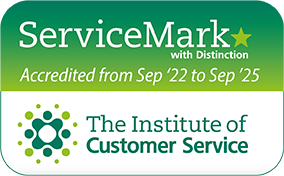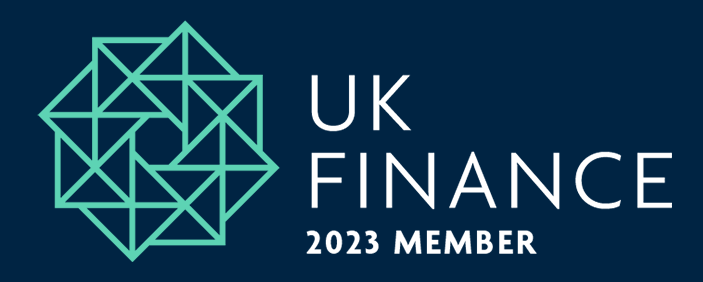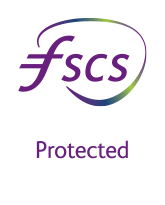If you have received an e-mail asking you to complete a survey from the ICS, please click here to read more about this request.
Navigating the variety of savings accounts available to you can be time-consuming and confusing. From easy access (also known as instant access) to fixed rate bonds, it can be difficult to know which one is going to help you meet your savings goal.
The good news is we are here to help; below, we’ve broken down the different types of savings accounts on offer and explain what this means for you and your money.
For those looking for complete freedom: easy access accounts
Easy access savings accounts do what they say on the tin: they allow you to unrestricted access your money and provide the highest level of flexibility. You withdraw and deposit money as much as you like and usually won't incur any fee for doing so. The downside? You should expect a slightly lower rate of interest than what you would be likely to get with a fixed-rate or limited access account.
If it's unlimited access you're looking for, an easy access account could be the right place for you to save at your own pace and with peace of mind your money is there if the car breaks down or the washing machine needs replacing.
Check out our easy access accounts for new and existing members here.
For those looking to save for a specific reason: restricted access accounts
Also known as ‘regular savings account,' restricted access accounts require you to deposit a certain amount each month with a limited number of withdrawals per year.
In return, you're often getting a higher interest rate than an easy access account. These types of accounts can be a good option if you're saving with a specific goal in mind, such as a big holiday, house deposit, or new car and you're unlikely to need the money in the account for an emergency.
Explore our restricted access accounts here.
For those with a long-term savings goal: fixed rate account
Fixed-rate bonds tie up your funds for a specific length of time. These accounts can extend over one and two years with some banks and building societies also offering three-, four-, and five-year fixed bonds.
The rule of thumb is the longer you are willing to lock your money away, the higher your return will be. However, by doing so, you give up the right to access your money for the agreed timeframe. You might be allowed to withdraw your funds in an emergency, but you might need to be prepared to pay a hefty fee.
If you’re confident you won’t need the pot of cash and are looking to maximise your interest, this could be a good option for you.
For those looking for tax efficient savings: ISA
Individual Savings Accounts (ISA) can help you make the most of your money because the interest you earn is tax-free. This means that all the interest you earn, you keep!
The downisde is that there's a limit to how much you can have in your ISA. For the year starting 6 April 2024, the ISA allowance is £20,000 for cash or Stocks and Shares ISAs and £9,000 for Junior ISAs.
For under 18s: children’s accounts
Children’s savings accounts are more or less the same as ‘adult’ ones on the market and tend to be easy access.
Alternatively, Junior ISAs provide a different option. Children can currently save up to £9,000 each year tax-free and can only access the money when they turn 18. When the child turns 16, the management of the account can pass from an adult to the child themselves.
Talk to us about your savings
If you have any questions about our savings accounts or would like to open one, pop in to your local branch or contact us by using our online form and one of our qualified savings advisers will be in touch.
A full list of our savings accounts can be found here.
Article reviewed August 2024.






